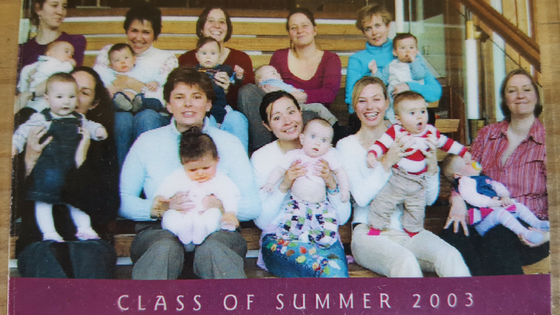Some of us make changes overnight, raising a child with mental health needs. But for most of us, it’s a gradual adjustment. You make little shifts in how you parent and honestly, how you live your life, until you reach the new normal. It’s what you do to make things work.
When my son was four, his annual physical revealed that he hadn’t gained weight. At his recheck two months later, his weight still hadn’t moved up. “What does he eat?” his doctor wanted to know. I rattled off a short list: tuna, chicken, noodles, rice, milk, peeled apples, animal crackers and a few other things. “Everything you listed is white,” the doctor noted, “Does he eat other fruits and vegetables?” I shook my head.
I bit my lip and didn’t tell him that it was even more complicated: no items could touch on his plate. When his rice and chicken spilled into each other, he sobbed and said he was sad and didn’t eat. So, I bought those plates with the dividers in the center. His brother ate off them, too. At the next checkup he’d gained a few pounds.
Bed times were always tough. He didn’t sleep through the night until he was 2-1/2 and he would wake in the night, often with a little cry. I tried letting him cry it out once and he screamed and cried for 3-1/2 hours while I tried to tough it out. In the morning, he was limp and I was exhausted and discouraged. I gradually learned that he needed to see me when he woke and simply couldn’t soothe himself back to sleep by himself. Sometimes it was a quick, tuck-you-back-in, other times it was singing a few songs and staying with him for 30 minutes or more. Other parents told me lots of kids woke up at night. But not every night and not in such distress. It was our new normal.
When he was three, he needed a new bedtime ritual, where we had to spray for monsters. I would grab an empty spray bottle and we’d spray the anti-monster spray in the closet, in the corners, under the bed and in every corner. If I skipped over a spot, we’d have to start from the beginning. I learned to be efficient but thorough. It was simply what he needed to ease his anxiety and let him fall asleep.
Over the years, there were countless extra steps, little rituals and approaches which helped him cope with his fears. Transitions – leaving home for school, for instance – were particularly tough. We would talk about his day to minimize unexpectedness (surprises were rarely delightful) and I would whisper in his ear, “I’m only a phone call away.” Sometimes he didn’t make it on time, sometimes not at all. If we went to the movies, his brother would walk ahead to warn if there were posters with monsters in them. If there were, my son would cover his eyes and I would lead him past.
I learned not to tell anyone but my closest friends and family. People would urge me to me “let him work it out for himself” but I’d tried that many times and it was always a disaster. It was my job to get him through, find ways to manage his fears and hope that he would eventually learn to do this for himself.
Over time, he did.
A number of years later, I was on a radio show about mental health issues in kids. After taping, the host told me that she had had depression for much of her life. She personally understood its impact. However, her closest friend had a little boy with mood swings, insomnia and anxiety. His mom – her friend – made constant adjustments and allowances to get him to bed, to school and through his day. She was worried that her friend was too lenient and not doing her son any favors. What did I think? I smiled at her said, “She’s doing all the right things. We have to take a special parenting approach because it works. It’s our new normal.”












